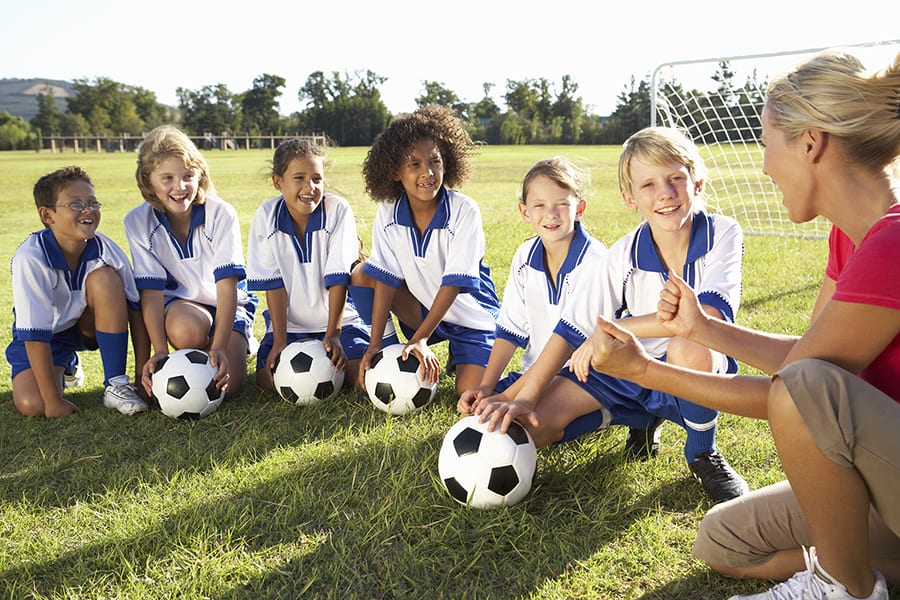7 benefits of playing a sport

Did you know that both physical and emotional health can be promoted through sport?
However the percentage of kids participating in organised sport activities outside school hours is on the decline, according to the “Children’s Participation in Cultural and Leisure Activities report”, issued by the Australian Bureau of Statistics’.
The report shows a decrease in the percentage of kids involved in at least one organised sport, from 63% on April 2009 to 60% on April 2012.
The most popular sport is swimming among both boys and girls, followed by outdoor soccer for boys and Netball for girls.
Benefits
The benefits of playing a sport are numerous, and while they teach kids about coordination skills, and keep them fit and healthy, it can also help them with their education.
“Playing sports offers your kids more than just physical benefits.”
Social skills are an important part of schooling. Kids who can make friends more easily, have strong social skills, and are confident generally also do better in school. These kids tend to enjoy going to school more than their socially developing counterparts, and therefore are more effective learners.
All sports have physical and emotional health benefits. Here’s a list of the main benefits sport may have on your child:
1. Improved confidence
Sports participation outperforms other kids activities as a confidence builder, particularly during pre-teen years (around 5th grade). Researches have found that children who play sports reported much higher rates of self-knowledge, controlling emotions, and physical skills in contrast to kids involved in academic and other leisure activities.
2. Improved social skills
By playing a sport your child has an opportunity to safely engage in valuable and positive relationships with adults and other kids. This is particularly important when children don’t have this option available at home.
3. Improved teamwork
Becoming a participant of a sports team that includes team mates, coaches, sponsors and fans, provides fertile ground for adolescent self-esteem development. Teams provide opportunities for kids to achieve collective goals by interacting with others.
4. Making new friends
Children have lots of fun playing sports. It offers your child a chance for something to do and a group to belong to. It is the best feeling for them to know that they have a group of friends that has the same goals and interests. It also helps them to overcome shyness so they make new friends easier. Check our blog post “5 steps to help your child to overcome shyness and make new friends“.
5. Greater fitness
This the most obvious benefit. Studies have found that kids involved in sports are less likely to be overweight, depressed and to be smokers or use illicit drugs later in life.
6. Better emotional control
Sports help your kids to develop discipline. By being part of a team they can safely and easily understand the concepts of right and wrong as they learn to interact with team mates and coaches.
7. Positive body image
Researches have found, that practicing sports regularly, helps particularly girls, to keep a better positive body image, because of the direct physical benefits described above.
What sport to choose?

Choosing the right sport for your child is also important. Not all children are natural sports players, so choose something they love so that if they’re still developing their sporting skills, they’ll have fun in the process.
If your child loves rough-and-tumble contact, they might be best suited to sports like rugby or AFL. While if they’re fast runners and have good all-round skills, they might be good at soccer. If they have awesome hand-eye coordination, sports such as cricket or tennis are best for them.
“One man practicing sportsmanship is far better than 50 preaching it.”
– Knute Rockne
Furthermore, supplementing an active lifestyle through sport with some academic benefits helps kids use their skills in educational contexts. Enrolling your child in a structured program can be an excellent way for kids to build their social skills in an active environment.
Your Turn
What other benefits do you think playing sports may have? How many sports does your child participate in?
